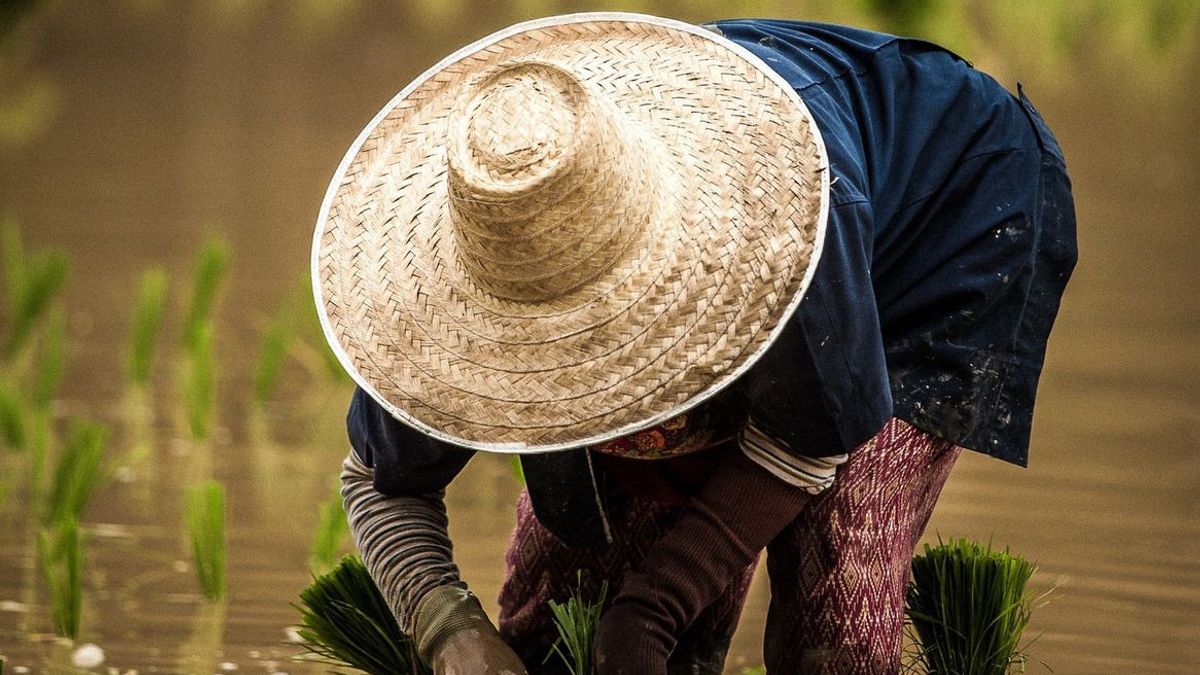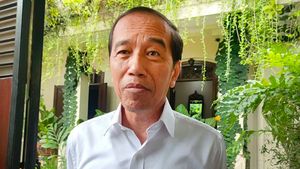JAKARTA - The government is asked to pay more specific attention to the fate of farm workers in the midst of the COVID-19 pandemic. They are considered to be the most affected by this outbreak because they do not have a bargaining position.
This was conveyed by Member of Commission IV DPR RI Johan Rosihan to coincide with the commemoration of International Labor Day, quoted from dpr.go.id, Friday 1 May.
"So far they have been marginalized in this country. Their education is still low on average, they do not have the ability to organize like other factory workers and do not have a strong bargaining position to demand an increase in wages," said Johan.
He said that life for farm workers is getting more complicated now. This is because their purchasing power continues to decline, their life is getting more and more difficult because they are always struggling with poverty.
"Especially when the virus outbreak broke out, many of them found it difficult to work because they had to quarantine themselves so they would not be infected," he said.
He revealed that currently the national daily nominal wage for agricultural laborers is IDR 55,173 per day. Meanwhile, real wages for agricultural laborers decreased by 0.25 percent.
"It should be understood that the real wage of agricultural laborers is a comparison between the nominal wage of farm workers and the rural household consumption index," explained Johan.
As workers in the informal sector, he added, they do not know the term regional minimum wage (UMR). This has an impact on the wages of agricultural laborers to be lower than the wages of other unskilled workers. Due to this situation, Johan urged the government to immediately provide 'special assistance for agricultural laborers'.
As for the commemoration of Labor Day this year, unlike previous years, there were always street demonstrations. This is because there is an outbreak of COVID-19 and permission from the police.
Meanwhile, President of the Confederation of Indonesian Trade Unions (KSPI) Said Iqbal previously said that even though there were no demonstrations, workers still had demands. There are at least three demands that will be voiced.
First, continue to reject the omnibus law and ask President Joko Widodo to create a new workforce cluster. However, the creation of an employment cluster arrangement must involve several parties. This includes the workers. So that in making rules it is not burdensome to either party.
Second, demand that the government issue policies or steps that can stop workers' dismissal during the COVID-19 pandemic.
The trick, he said, is by auditing companies that plan to fire employees or laborers. By doing this, it is considered to be able to find out whether the company is really experiencing a loss or is threatened with bankruptcy.
Finally, ask and urge the companies to dismiss workers and still provide wages. Because, with the current conditions, workers are vulnerable to contracting COVID-19.
"This is done to ensure that workers are not exposed to the Corona virus and to maintain the purchasing power of workers and the community," said Said.
The three demands will be voiced or campaigned through social media. So that by using this method, you can avoid the spread of COVID-19.
"The virtual campaign includes an online struggle newspaper, we have Instagram, we have Facebook, WhatsApp group and Facebook. So, we use all social media," Said said.
The English, Chinese, Japanese, Arabic, and French versions are automatically generated by the AI. So there may still be inaccuracies in translating, please always see Indonesian as our main language. (system supported by DigitalSiber.id)













